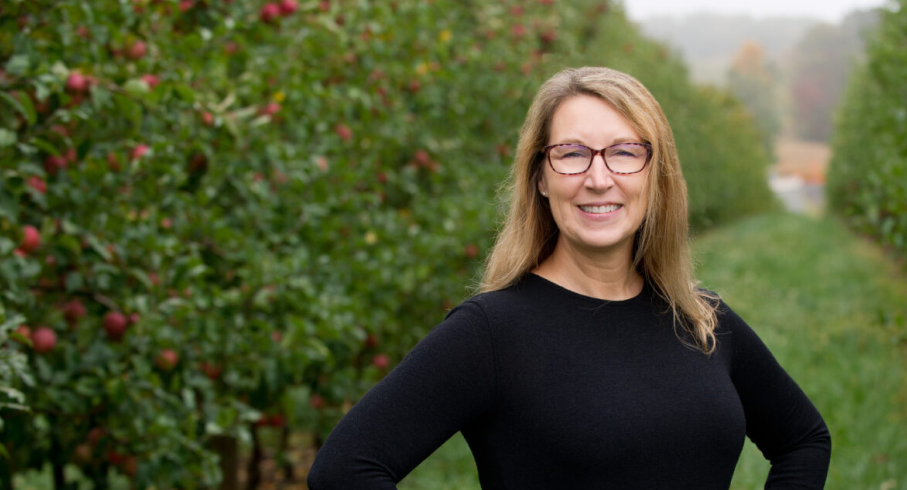Category: Blogs
-
Beyond Representation: Global BioAg Alliance Advancing Women’s Leadership
Creating Space, Voice, and Leadership for the Future of BioAg by Nishant Malhotra [Image of women in agriculture leadership forum] Across farms, laboratories, startups, and boardrooms, women are shaping the future of agriculture. This tends to happen quietly, often without visibility, and too often without equal access to opportunity. While the agriculture and BioAg sectors…
-
Women in BioAg: Leadership, Innovation and the Road to Equity
Insights from the Women Leaders & Entrepreneurs at the 6th BioAgTech World Congress by Nishant Malhotra Agriculture is shifting toward regenerative, biological, and climate-smart solutions. Women play a foundational role in this transformation, yet face systemic constraints in leadership, ownership, and visibility. Globally, women account for 43 percent of the agricultural workforce but hold less…
-
Driving into 2026: Regulatory Choices Facing European Agriculture
Happy New Year! Are You Traveling by Car or by (Omni)bus in 2026? by Dr. José Carvalho, Europe Regulatory Lead (Certis Biologicals) I begin this text using my phone’s AI, speaking while driving and allowing thoughts to flow as the landscape changes and the car moves forward. The output of this conversation with myself was…
-
From Bottleneck to Breakthrough: Unlocking Biocontrol in Europe
IBMA Champions Regulatory Reform to Deliver Innovation to Farmers Faster by Sulakshna Baruah – Media Manager, GBL European agriculture is at a pivotal juncture. The European Commission’s Proposal for the Simplification Package Omnibus marks a potential breakthrough in how biocontrol solutions reach farmers. For those working closely with farmers, regulators, and innovators, this proposal goes…
-
Leader’s Insight: CEO Roundtable of BioAgTech Businesses Must-Win Battles to Capitalize on Opportunities While Managing and Mitigating Risks
Navigating the BioAgTech Future Insights from the CEO Roundtable at 6th BioAgTech World Congress, Delhi The BioAgTech sector stands at a critical juncture. As innovation in biologicals gains traction and climate and regulatory pressures increase, CEOs must navigate rapid shifts in market expectations, organizational culture, regulatory frameworks, and investment climates. This whitepaper synthesizes insights from…
-

Capsber Agriscience from Bengaluru Earns Global Recognition at the 2025 World Food Prize’s “Innovate for Impact” Challenge
Capsber Agriscience Earns Global Acclaim at World Food Prize Foundation Only Indian AgTech startup to gain global recognition at the Borlaug Dialogue 2025 Capsber Agriscience, an AgTech startup from Bengaluru, earned global acclaim at the inaugural Innovate for Impact Challenge at the prestigious World Food Prize Foundation’s Norman E. Borlaug International Dialogue 2025 in Des…
-
From Vision to Reality: Agrocel Industries Pvt. Ltd.
Cultivating Prosperity, Enriching Earth By Jayme Joshi Agrocel Industries Pvt. Ltd. is a pioneering Indian enterprise delivering innovative solutions in bromine derivatives, specialty chemicals, and sustainable agricultural inputs. Founded in 1988 and headquartered in Kutch, Gujarat, Agrocel operates with a deeply rooted commitment to community development and ecological harmony. While Agrocel’s portfolio spans multiple verticals,…



